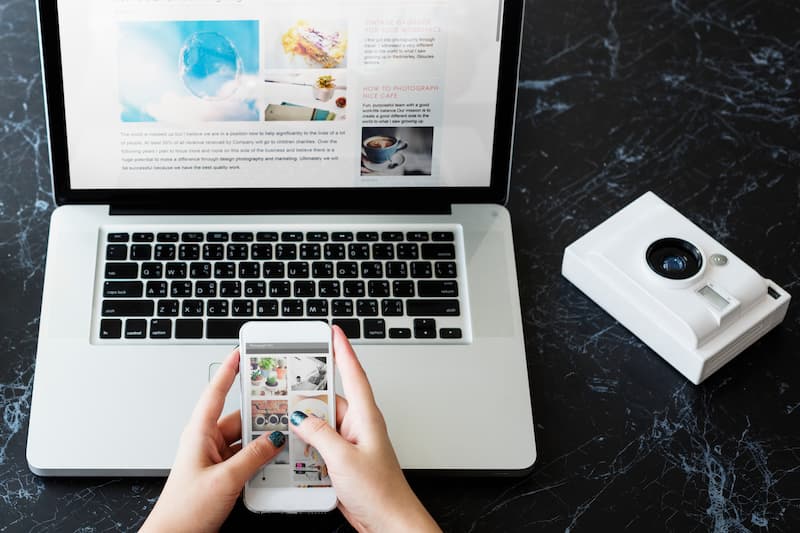We have been through a lot in the past few years. We are resilient enough to survive a global pandemic, but not entirely unscathed. Our anxiety and mental health disorders rates were rising, but COVID-19 sent them skyrocketing. Rates haven’t plateaued, we have maxed out our healthcare system, and people haven’t been able to get the reliable care they need.
Enter hypnotism, a therapeutic technique that has been used for centuries to treat disorders like anxiety before they even had an official name.
Anxiety on the Rise
A 2020 study published in Psychiatric Research analyzed data collected from adults between 2008 and 2018, and the results were concerning. Anxiety is on the rise, especially for 18 to 25-year-olds. Anxiety did not increase significantly for adults over age 50, but it consistently increased in all other demographics. Those that pursued a college education or didn’t marry saw a greater increase in anxiety than others in their age group.
Unfortunately, it wasn’t a fluke. A 2018 American Psychiatric Association report showed that 39 percent of respondents felt more anxious, compared to the 19 percent from the previous year. The report also showed that we aren’t just generally anxious; we are worried about health, safety, and finances, especially paying bills. So, in other words, we are anxious about our basic needs.
This rise in anxiety shouldn’t have come as a surprise since we have social media and news coverage highlighting anxiety-inducing world events at every hour of the day. But then a pandemic hit. According to the World Health Organization (WHO), anxiety and depression increased by 25 percent during the pandemic.
The mental health crisis, thanks to COVID-19, disproportionately affected young people, who were already more at risk for anxiety. The WHO reported that our youth were more likely to engage in self-harming and suicidal behaviors. People with pre-existing health conditions and women were more vulnerable to mental health problems.
Are You Just Anxious, or Is It A Disorder?
Occasional anxiety is part of life. However, when it turns into intense and persistent worry that affects your daily life or results in panic attacks, that’s when it’s considered an anxiety disorder. An anxiety disorder may be triggered by different factors: inherited traits, a general disposition toward anxiety and stress, or a traumatic event like a pandemic.
Signs that you may have an anxiety disorder include:
- Difficulty sleeping
- Feelings of panic, near danger, or dread
- Increased breathing and heart rate
- Sweating or trembling
- Digestive upset
- Issues controlling worry or concentrating
- Feeling tense, nervous, or restless
- Avoiding situations that bring on these symptoms
Anxiety Hurts
If you have anxiety, your quality of life can decrease significantly. You may experience chronic pain, headaches, insomnia, or turn to use substances as a form of self-medication. You have an increased risk of developing other mental health problems, especially depression. It can also hurt your loved ones if you turn to social isolation to reduce your anxious feelings. Early intervention is crucial to prevent further complications, so seek help immediately.
An Unconventional Solution To Our Rising Anxiety
Clearly, what we have been doing hasn’t been working. We need to prepare ourselves and future generations for a healthier adulthood. To do that, we must find better solutions to our public mental health crisis.
While your doctor may recommend seeing a psychiatrist to manage your anxiety with medications and a therapist to learn coping skills, there are processes that can complement these treatments. For example, hypnosis can be combined with exposure therapy or cognitive behavioral therapy (CBT) for enhanced outcomes. Studies have shown that hypnosis can enhance the effects of CBT treatment for post-traumatic stress disorder and weight loss for obesity.
Why Hypnosis Works
Hypnosis works by relaxing your conscious mind. You will experience muscle relaxation, a decreased heart rate, and slowed breathing—the exact opposite symptoms you experience from anxiety or a panic attack. Hypnosis can help your body and mind enter calm, relaxed states.
Finding The Right Hypnosis Practitioner
Like when searching for the right therapist, you need to find a hypnotist you trust. Whatever the specialty, confidence in your care provider is crucial. Hypnosis is a partnership between you and the hypnotist. Together you work toward an effective healing process.
Remember that you are in control of your session. Remain open-minded and focus on your motivations. The results will follow. Your hypnotist cannot snap their fingers and fix your problems with one session, but the therapeutic techniques will go a long way to helping you feel like yourself again.
As a nation, our anxiety levels are rising, worsened by these unprecedented times. Unfortunately, there is no cure-all. But hypnotists can be part of the solution, helping to create a healthier, happier, less-stressed society. Take preventative measures such as staying active, reducing substance use, eating a balanced diet, and socializing with friends and family. Lastly, get help early if you or your loved ones are suffering from anxiety or anything impacting your mental wellness.



